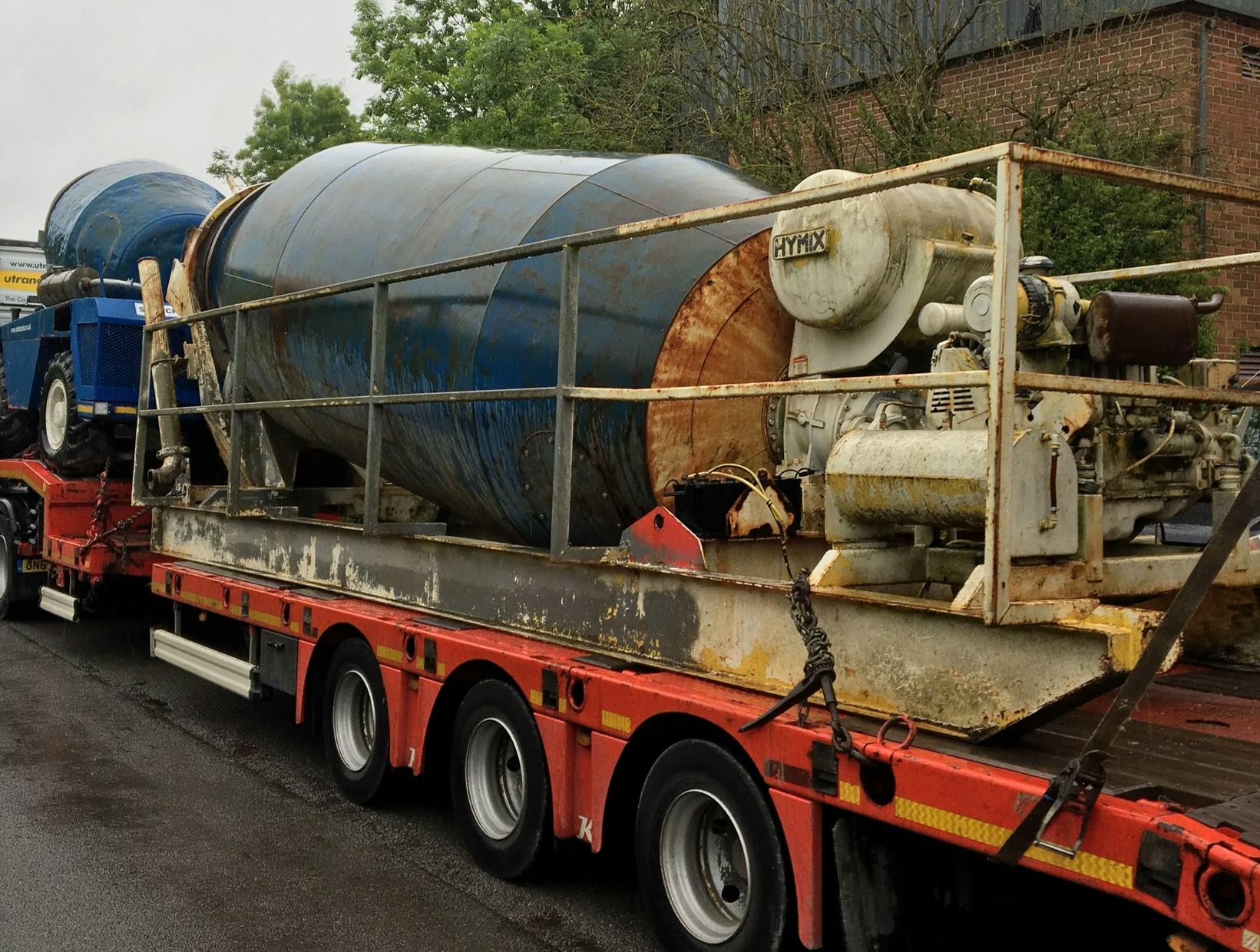DVSA: Bring your MOT Test Dates Forward to Aid the backlog
Due to the pandemic, exemptions were made for vehicles that needed annual tests. This means that test dates in August, September, October and November 2021 are much busier this year! The DVSA has released a request to ask operators to consider bringing the date of their MOT tests forward to aid the backlog. The list of benefits would appear to suggest that bringing your tests forward is the only way you will get a slot/member of staff to do It! Here is an extract from the blog:
Test availability
Last year the DVSA issued exemptions to help keep industry moving during the pandemic which put pressure on the wider industry, including those involved in preparing vehicles for tests and maintaining them throughout the year. This has also affected capacity available at Authorised Testing Facilities (ATFs).
If your vehicle test dates are in August, September, October and November move your test to May, June or July as the DVSA says there is less demand for tests in these months so ATFs will have more availability. Moving the test date will also help balance monthly demand in future years.
You can now find out if your local ATF or nearby sites have test availability here.
Moving tests to quieter months helps everyone:
- you guarantee your test date
- the demand for vehicle maintenance and preparation is spread out during the year
- ATFs can manage the demand
- the DVSA can get the right levels of staff to ATFs
New Advisories on Annual Test (MOT) Certificates

Since the introduction of the ban on 10 year old tyres from 1 February, 2021 the DVSA has been issuing a new advisory on some annual test (MOT) certificates.
Advisories are used for two reasons:
to tell the presenter that a component is close to becoming defective
to make a note for both DVSA and the presenter that the item was not able to be assessed during the test
The second scenario can happen when the DVSA Vehicle Standards Assessors (VSAs) can’t gain access to read the 4 digit date code on the tyres, as part of a twin wheel set up on a heavy vehicle. The same approach would apply in the car MOT.
Some operators have been concerned about what this advisory might mean. The DVSA has reassured operators that the advisory does not:
reflect poorly on the operator
affect the roadworthiness status of the vehicle
affect the Operator Compliance Risk Score (OCRS)
It’s a reminder to the presenter or operator that they need to be confident in their tyre management system.
Your tyre management system should mean that you know the age and legality of all your tyres and take action if required.
These advisories are different to where a date code is missing or damaged, which will still be a failure at annual test (MOT) on a steered front axle.
Find out more about effective tyre management in Section 5 of the DVSA: Guide to Maintaining Roadworthiness.
Read more about the 10 year old tyre law which bans tyres aged over 10 years old.